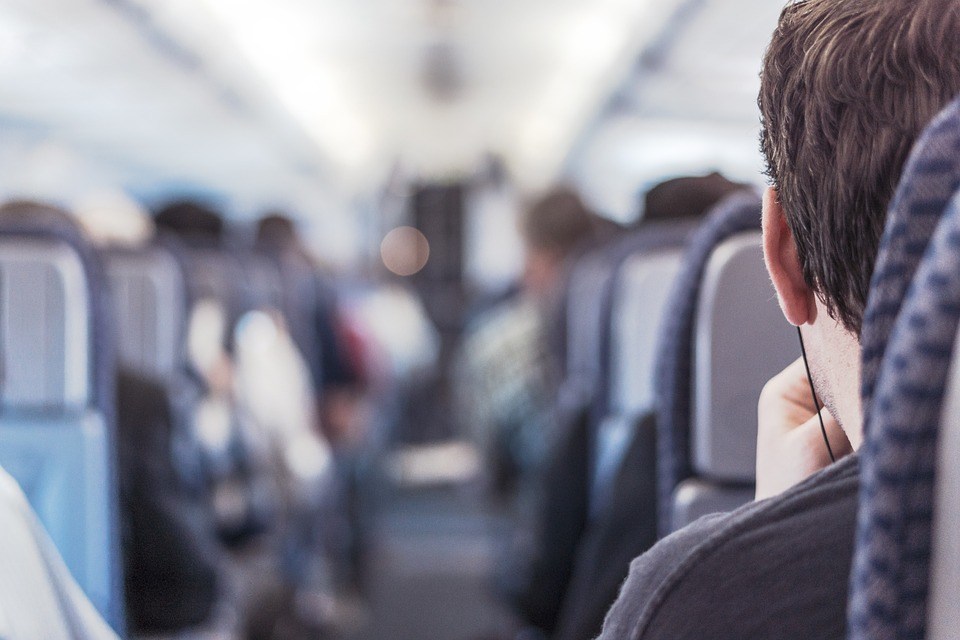On Friday, EU Member States committed to coordinating all their travel rules, and agreed that European citizens who are fully vaccinated or recovered from Covid-19 will not have to quarantine or get tested when travelling within the EU.
While the 'Digital Covid Certificate' - which received the final European Parliament approval on Wednesday - will serve to facilitate travel within the EU by showing if someone has been fully vaccinated, recently tested negative or recovered from the virus, the individual EU Member States remain responsible for any extra travel restrictions on their own territory.
On Friday, the 27 Member States reached a deal to make sure this would not result in a patchwork of different rules, and agreed that fully vaccinated and recovered travellers should be exempted from any extra measures.
"Europeans will now be able to enjoy their summer holidays safely with limited restrictions, if any," a Commission spokesperson said on Friday afternoon, adding that the Commission is satisfied with the agreement.
Related News
- Belgium will soon turn orange again on European travel map
- Tests and quarantines cannot become the 'new normal' for travel, say airlines
- EU Covid Certificate available in Belgium from next week, Vandenbroucke says
Across the EU, the validity of a negative test result will also be aligned, at 72 hours for PCR tests, and 48 hours for rapid antigen tests.
Additionally, the Member States are also following the Commission's proposal to guarantee "family unity," meaning that minors should not have to quarantine on arrival if their parents are not required to either - because they have been fully vaccinated, for example.
However, the agreement is not legally enforceable, and individual Member States can still impose travel restrictions themselves, if they suddenly become a red zone, for example.
At the previous Consultative Committee on 4 June, Belgium already decided on an "emergency brake" mechanism, meaning that Belgian residents returning from a high-risk area (where more infectious new coronavirus variants are circulating) will be required to quarantine for ten days, with a PCR test on day 1 and 7.
This obligation will apply to all Belgian residents, regardless of whether they have been fully vaccinated or entering with a valid negative test result. A similar "emergency brake" principle was also accepted by the 27 Member States on Friday.
The agreement has now been concluded at the ambassador level, and will be formalised on Monday, according to EU Commissioner Didier Reynders.

